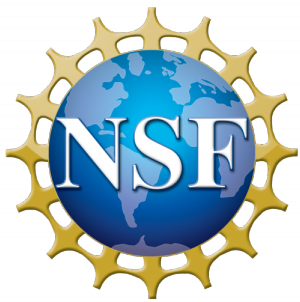March 1st, 2016 | RESEARCH
At the end of the dark ages, anatomy was taught as though everything that could be known was known. Scholars learned about what had been discovered rather than how to make discoveries. This was true even though the body (and the rest of biology) was very poorly understood. The renaissance eventually brought a revolution in how scholars (and graduate students) were trained and worked. This revolution never occurred in K–12 or university education such that we now teach young students in much the way that scholars were taught in the dark ages, we teach them what is already known rather than the process of knowing. Citizen science offers a way to change K–12 and university education and, in doing so, complete the renaissance. Here we offer an example of such an approach and call for change in the way students are taught science, change that is more possible than it has ever been and is, nonetheless, five hundred years delayed.
Document
(no document provided)
Team Members
Robert Dunn, Author, North Carolina State UniversityJulie Urban, Author, North Carolina Museum of Natural Sciences
Darlene Cavalier, Author, Arizona State University
Caren Cooper, Author, North Carolina Museum of Natural Sciences
Citation
Identifier Type: doi
Identifier: 10.1128/jmbe.v17i1.1049
Publication: Journal of Microbiology & Biology Education
Volume: 17
Number: 1
Page(s): 4-6
Related URLs
Tags
Audience: Educators | Teachers | Elementary School Children (6-10) | General Public | Middle School Children (11-13) | Museum | ISE Professionals | Scientists | Undergraduate | Graduate Students | Youth | Teen (up to 17)
Discipline: General STEM | Life science
Resource Type: Peer-reviewed article | Research Products
Environment Type: Citizen Science Programs | Higher Education Programs | Informal | Formal Connections | K-12 Programs | Museum and Science Center Programs | Public Programs

